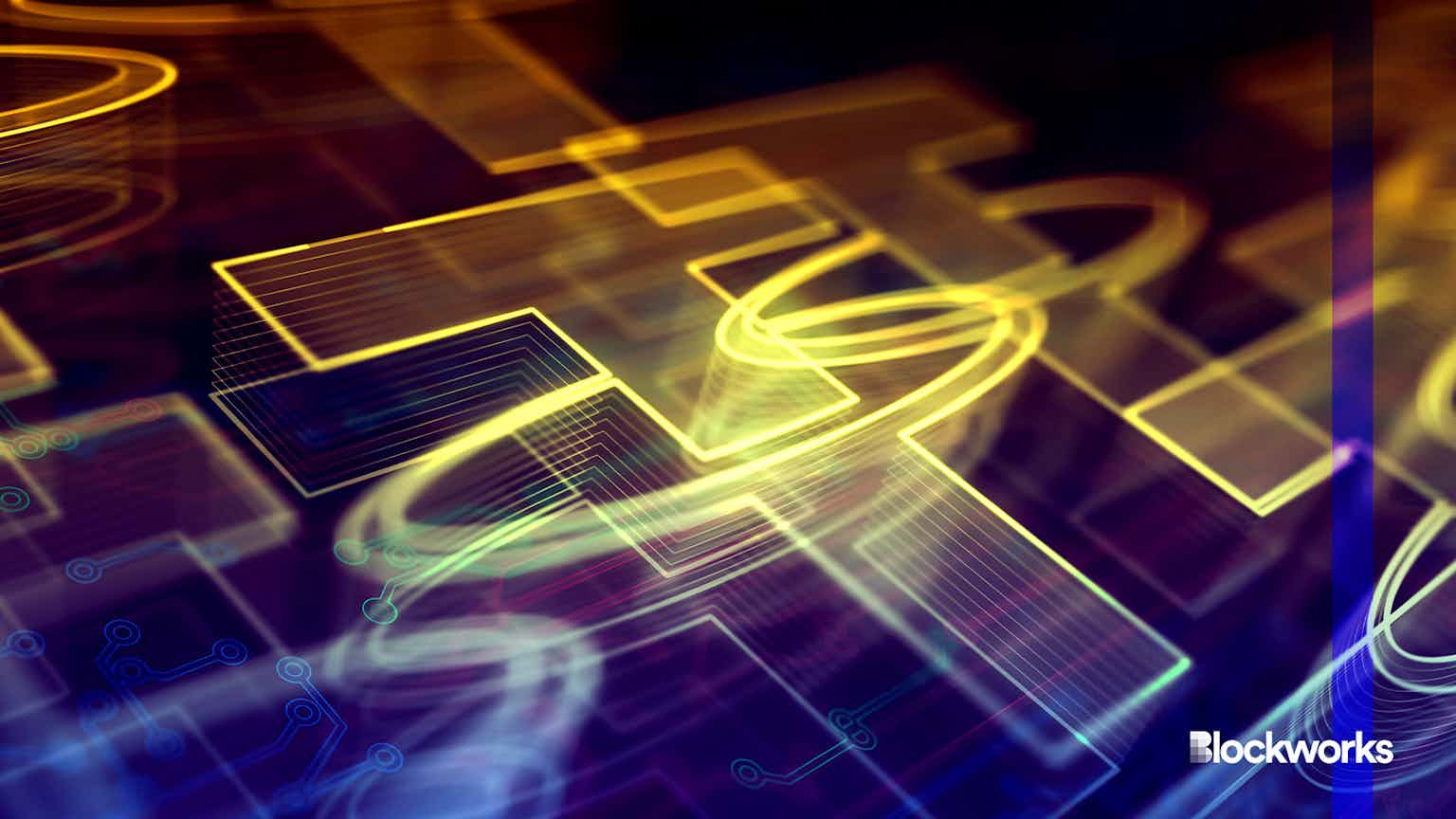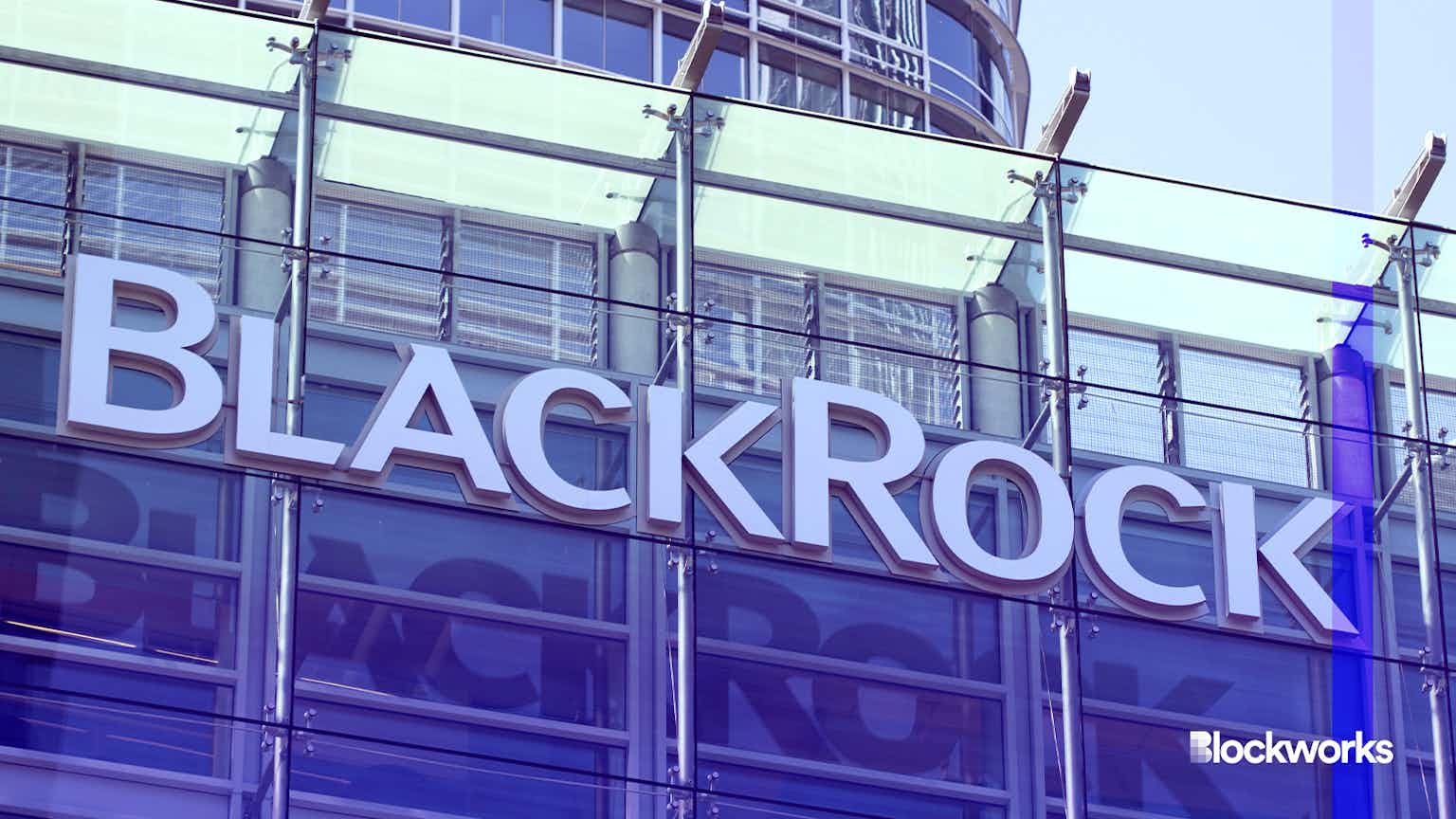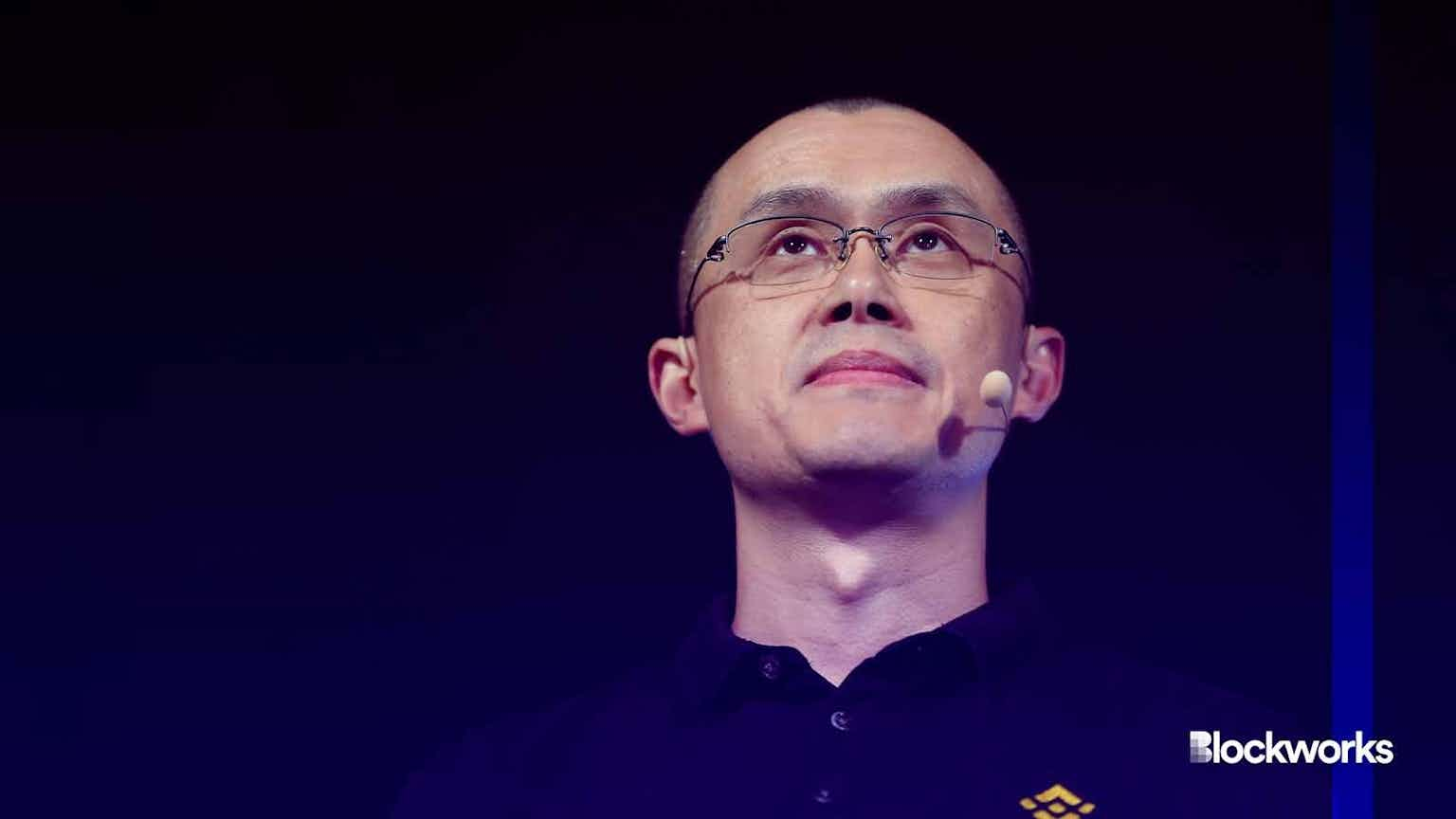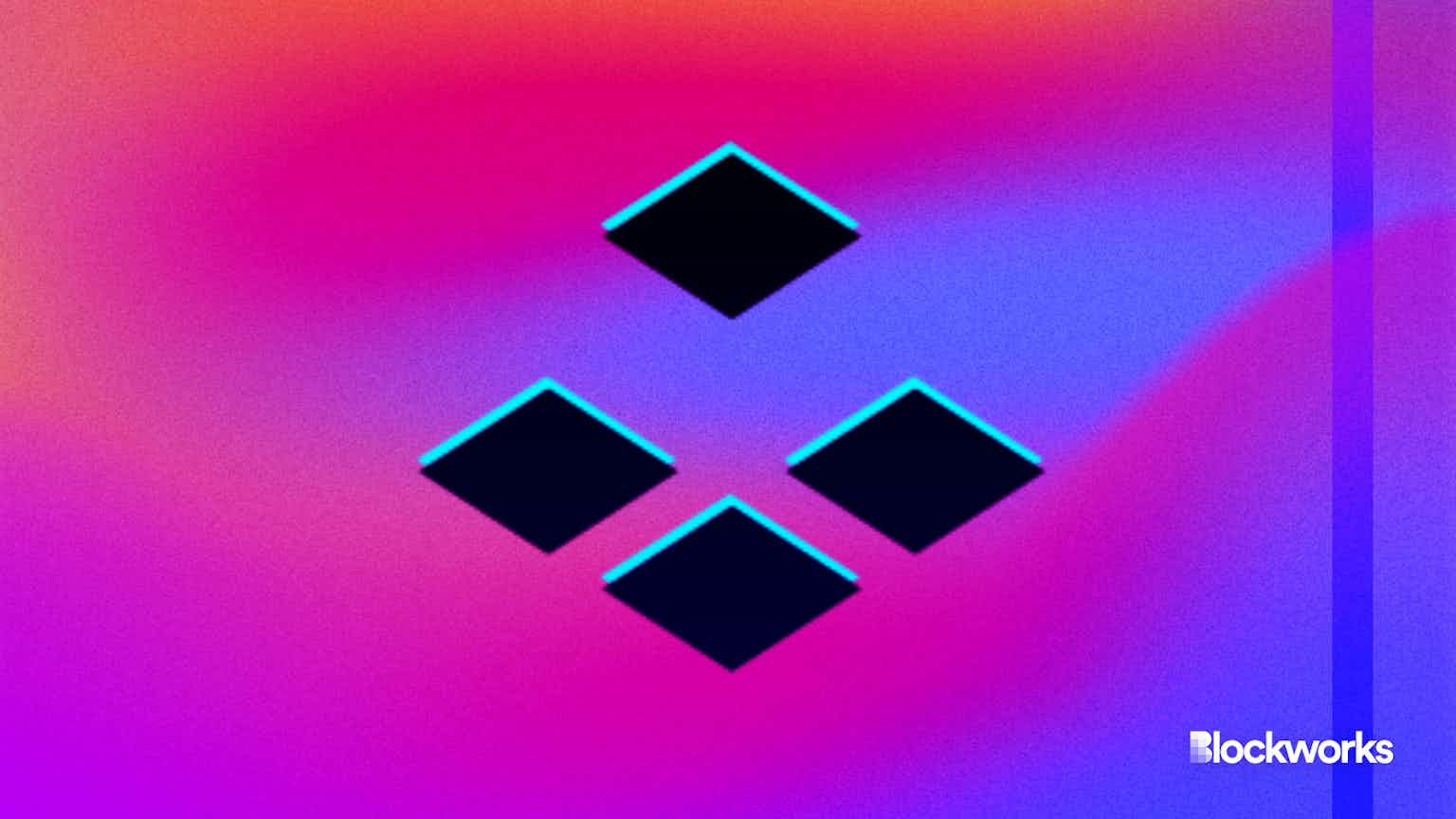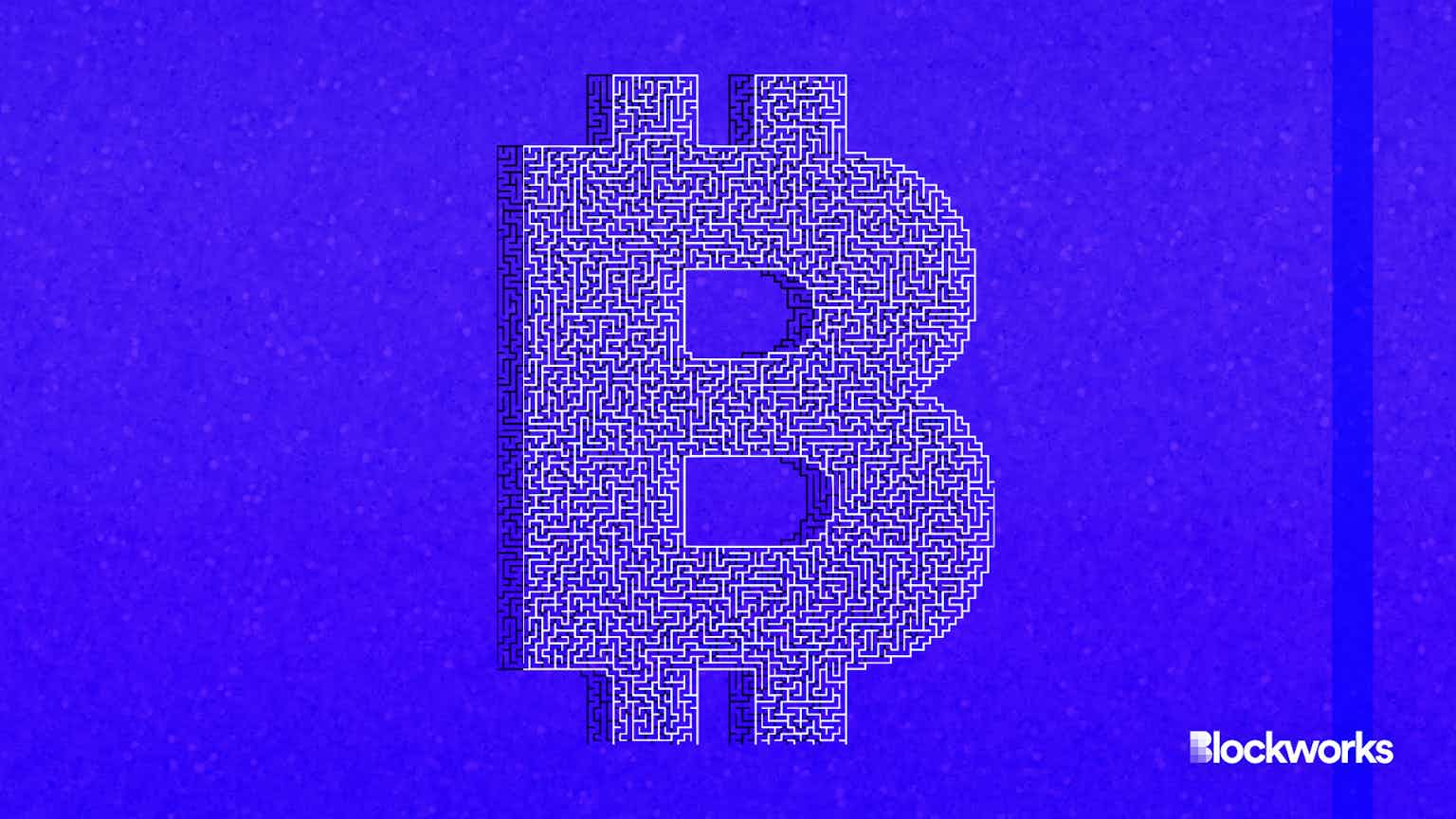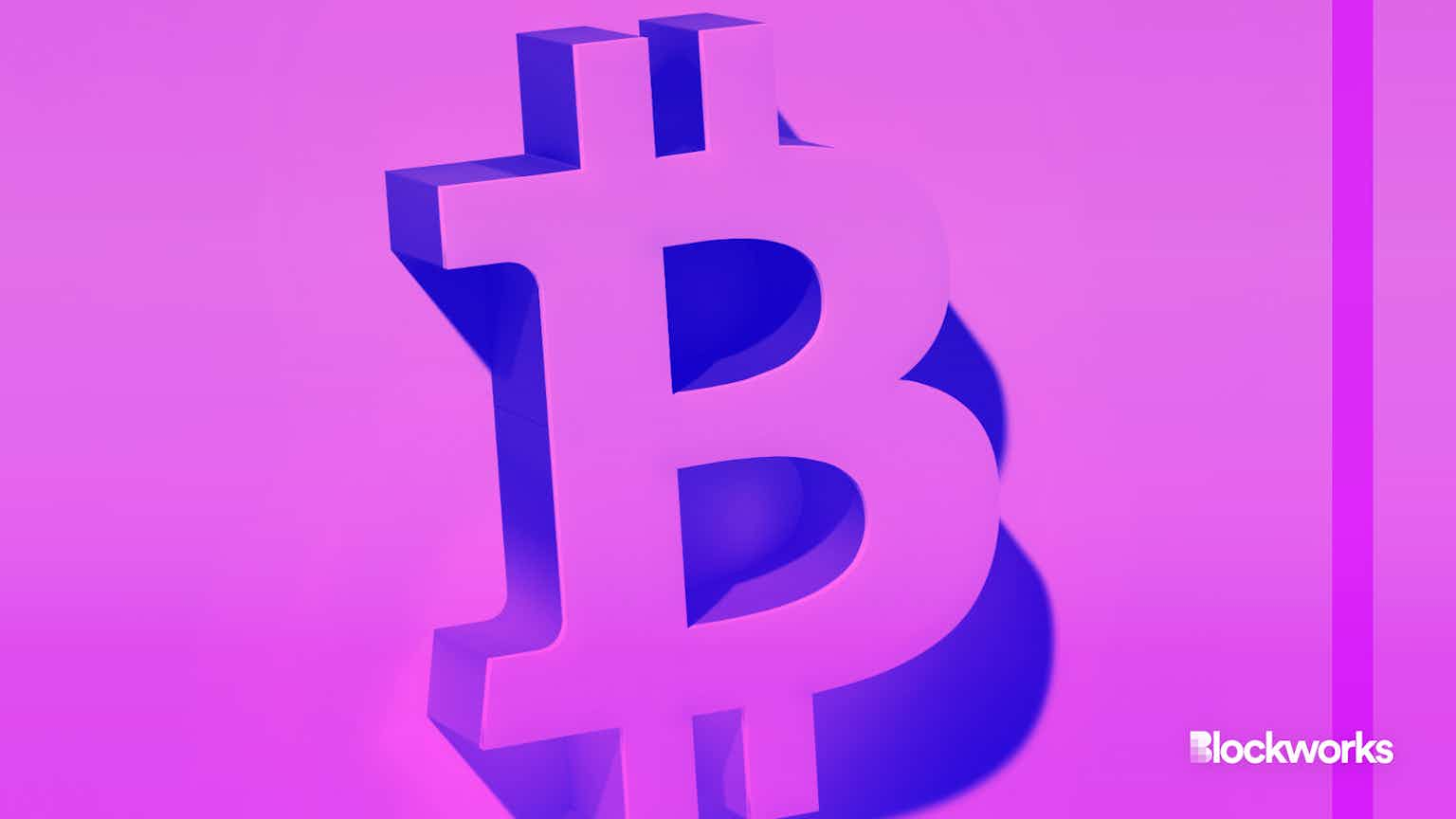Zero-knowledge Rollups Get Cheaper With Scale
As the race to deploy zero-knowledge technology heightens, we look into how zk rollups will make transactions more affordable

Africa Studio/Shutterstock modified by Blockworks
Ethereum scaling with zero-knowledge (zk) proof technology has rapidly moved from theory to functioning public mainnet, with dueling zero-knowledge Ethereum Virtual Machines (zkEVMs) from Matter Labs and Polygon launching in the past week.
Soon to follow will be ConsenSys, the Ethereum blockchain infrastructure company, which recently deployed its zkEVM onto an Ethereum testnet.
Zk rollups are considered a breakthrough in crypto technology, as zero-knowledge proofs allow information to be proven to be valid or invalid without revealing the information itself.
On Ethereum layer-2 rollups, this means that transactions can be batched and validated by Ethereum without revealing the specifics involved in the individual transactions on the Ethereum mainnet.
This type of technology can considerably lower transaction costs by compressing the data, making more efficient use of Ethereum blockspace.
How do zk rollups lower transaction fees?
Zk rollups built on Ethereum offload the computation and execution of smart contracts to a separate layer-2 blockchain built on top of the base layer.
This means that, rather than having the Ethereum mainnet validators process individual transactions, the rollup instead offloads that responsibility to a prover and verifier on the layer-2 network.
“Anyone can download the data and check if it is correct for some period of time,” Blockworks Research said.
Unlike Ethereum mainnet, where more users and more transactions lead to increased gas fees, the costs of writing data to mainnet from a zk rollup in fact decline as the number of users increases since the otherwise fixed cost is divided between all users whose transactions are in a batch, DeFi researcher who goes by the pseudonym Ignas tweeted.
“When there are fewer transactions the fixed cost is distributed among fewer users, leading to higher average gas fees per transaction. As transaction volume increases, the fixed cost gets spread out, and fees drop,” Ignas said.
Mikhail Komarov, founder of zk infrastructure developer =nil; Foundation, agrees, but with a caveat.
“In terms of L-1 transactions, this is true. But a user pays an L-2 fee, not an L-1 fee,” Komarov told Blockworks. “This means a rollup can charge some larger or smaller end-user fee with the only difference of using its own L-2 token for that.”
Current zk rollups, however, do not charge fees in a native token — if they have one — but instead use ether.
What exactly gets posted back to Ethereum mainnet depends on the specifics of the rollup implementation.
For instance, Polygon’s zkEVMs posts full transactions to mainnet, Bartek Kiepuszewski of L2Beat explained on Twitter, Tuesday. By contrast, both zkSync and StarkNet only submit changes in the state of the EVM that occur as a result of those transactions.
“Right now, we have to differentiate between systems that are EVM-equivalent and EVM-compatible,” Kiepuszewski said at Devcon Bogota, in October 2022. “I think we’re going to see a very interesting competition between systems that try to emulate the EVM as close as possible and systems that will prefer to make sure that the proving is optimized for the particular VM — and in this category I would definitely put zkSync and StarkNet. The competition between these two approaches is will be very interesting to watch.”
Similar to how transactions on layer-1 cost a gas fee, posting data from layer-2 validity proofs also requires a fee. Currently, transactions are posted through ordinary Ethereum “calldata” in a transaction. But this will change under EIP-4844, Blockworks research said.
“It will be posted to these things called blobs that will have a separate fee market to normal transactions making it cheaper,” Blockworks Research said.
EIP-4844, also known as Proto-Danksharding, will the part of the next major Ethereum upgrade after Shanghai, dubbed Cancun.
“I would say the only thing which can drive down data availability cost is a better compression (proof and circuits ‘quality’),” Komarov said. “The better the compression — the smaller the L-1 [data availability] charge.”
Ultimately, technological and hardware improvements will reduce the costs of data availability further and, over the long run, transaction fees on Ethereum layer-2s using zk proofs will continue to come down, Blockworks Research said.
Updated March 30, 2023 at 12:02 pm ET: Additional comments.
Start your day with top crypto insights from David Canellis and Katherine Ross. Subscribe to the Empire newsletter.
